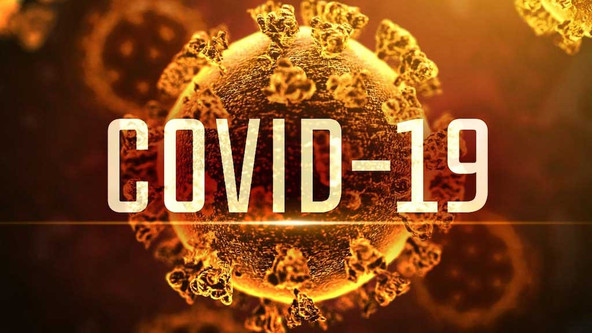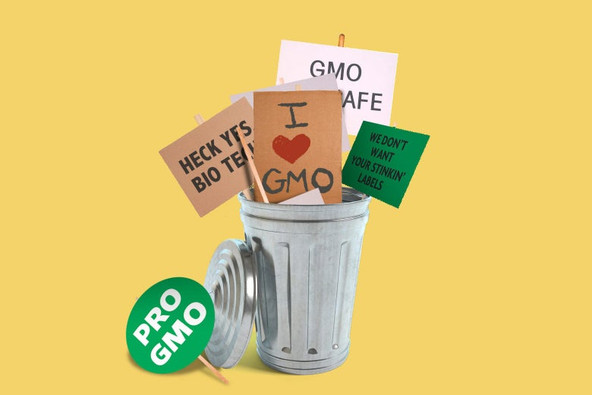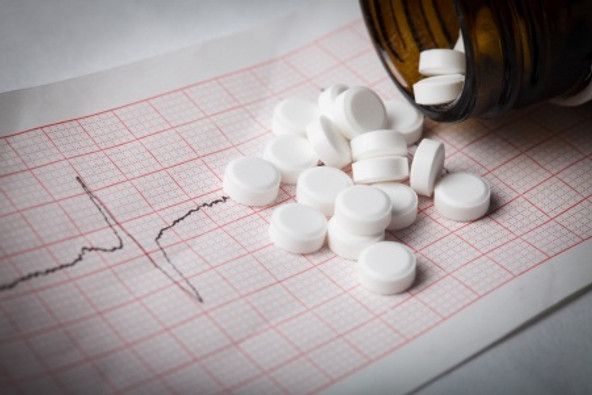Posted by Beyond Health on Nov 3rd 2025
Vaping: More Risks Than Benefits
According to the American Lung Association , cigarettes kill almost half a million Americans every year, making it the leading cause of preventable deaths in the US. Cigarettes contain over 7,000 chemicals, many of them harmful, and are a significant health hazard not only to those who smoke but for anyone forced to breathe second-hand smoke. So when vaping was introduced a little over a decade ago, promising to provide equal satisfaction at a considerably reduced health risk, it sparked considerable interest. Vaping employs a battery-powered electronic cigarette or e-cigarette. Some look like traditional cigarettes, while other popular devices look like pens, phones, USB sticks, and even tubes of lipstick. They have a cartridge, or “pod,” filled with liquid, typically containing nicotine, flavors and other chemicals. When you activate a heating element that turns this liquid into an inhalable vapor, you can puff on the e-cigarette. Inhaling this vapor (vaping) is…
read more Fuel your life with the purest vitamins
Fuel your life with the purest vitamins

















